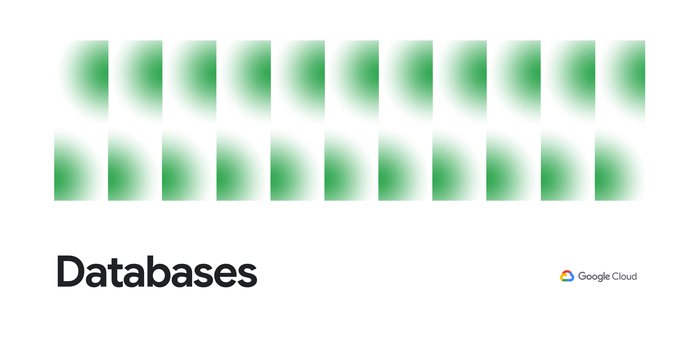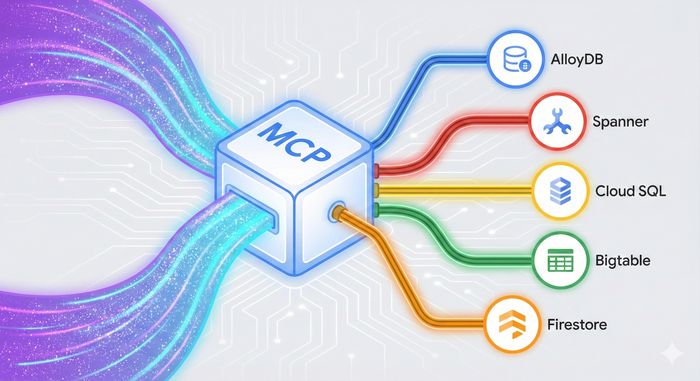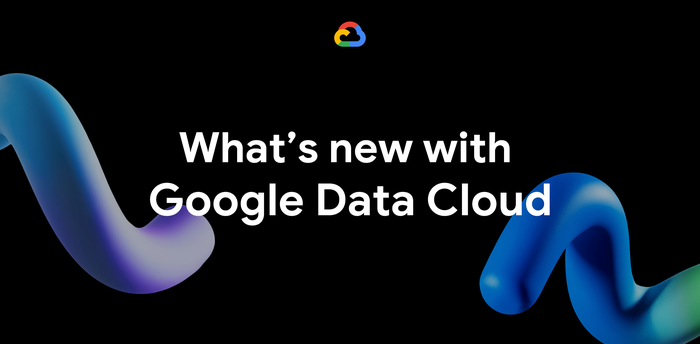How do I start using AlloyDB Omni?
Kevin Jernigan
Senior Product Manager
Gabe Weiss
Developer Advocacy, Cloud Databases
Hopefully you caught some of the buzz today, that we’ve launched a little something new: AlloyDB Omni. It’s a downloadable edition of AlloyDB designed to run wherever you need it. That might be on premises, at the edge, across clouds, or even on developer laptops. AlloyDB Omni is powered by the same engine as the cloud-based AlloyDB service, and in our performance tests is more than 2x faster than standard PostgreSQL for transactional workloads, and delivers up to 100x faster analytical queries than standard PostgreSQL.
With AlloyDB Omni, you get an enhanced version of PostgreSQL that you can run virtually anywhere, with big performance benefits, automatic memory and vacuum management, AI-assisted index suggestions, and so much more. We will also offer Google Cloud Premium Support for enterprise class mission-critical workloads. You can find more info in the launch announcement.
You might be asking yourself, “How can I get this in my hands right now?” and we’ll tell you: Start by filling out the preview signup form. Then you’ll get a link to the download and installation instructions. The preview only works on Linux, but if you’re on an Intel-based Mac or Windows it can be installed and run in virtualization no problem.
As you walk through those instructions, one thing you want to watch out for is disk space. AlloyDB Omni needs more space than the default Google Compute Engine boot disk allocation (10 GB). So if you’re deploying it to GCE, you should allocate at least 20GB of storage space to hold the downloaded software and your initial database. If you plan to test AlloyDB Omni with a larger amount of data, plan accordingly.


AlloyDB Omni is ideal when you need a highly scalable and performant version of PostgreSQL, but you can’t run in the cloud due to regulatory or data sovereignty requirements, or when you want to migrate off of legacy databases fast and modernize in-place as a first step in your journey to the cloud — or maybe you just need a local database. It’s great for on-the-edge use cases (such as retail stores) when you need a database that will keep running when disconnected from the internet and the cloud, or when you need to run close to users to minimize latency, or when you just want a development database locally. AlloyDB Omni is also a good fit when you need to run the same database in multiple clouds e.g. if you offer services to your customers across different clouds.
AlloyDB Omni is designed to run almost anywhere you can run Debian or Red Hat Linux including in virtualized environments such as VirtualBox on your local dev machine or laptop; you can also install and run it on AWS or Azure compute instances with similar Linux environments.
As you play around with AlloyDB Omni (it’s in technology preview, so please don’t run it in production yet!) and you like what you see, and you happen to have a production application that could benefit from AlloyDB features, you should consider using the AlloyDB service on Google Cloud. You will see additional benefits in the cloud including automatic management of backups, failovers, and HA, built-in support for scaling out with read pools, and automatic maintenance windows with minimal downtime.
Get started by filling out the AlloyDB Omni Technology Preview signup form here, and please reach out to us on our Discord server in the cloud-databases channel!


